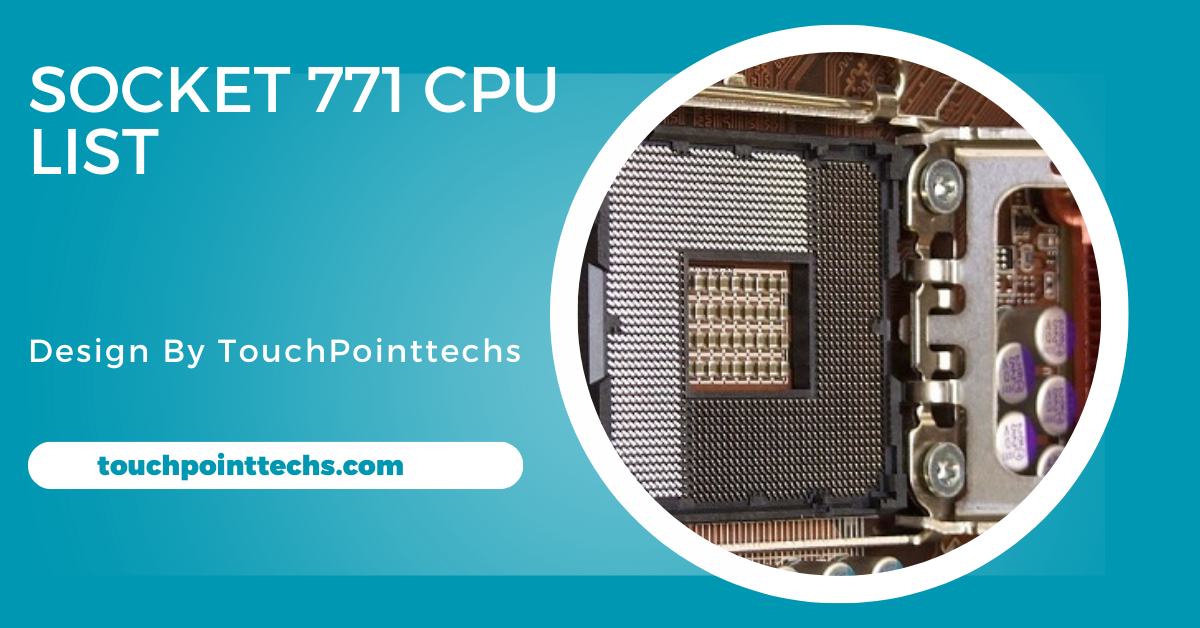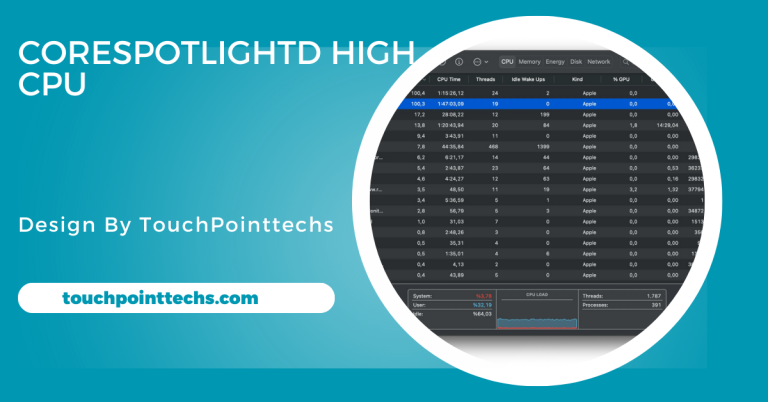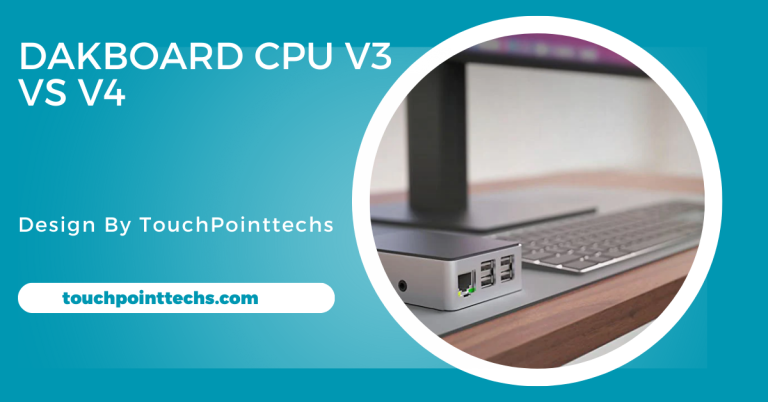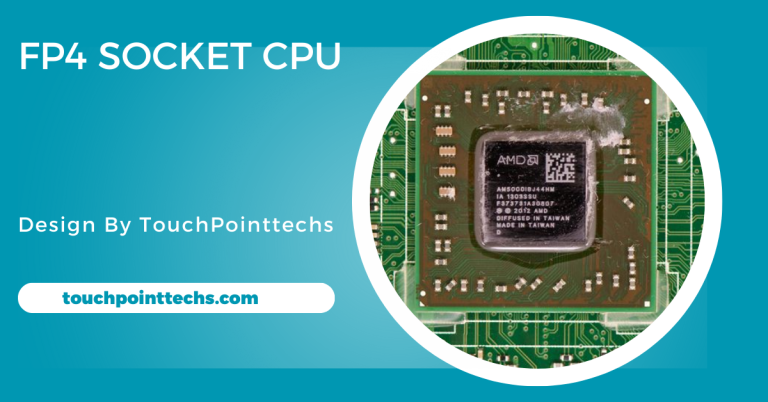Socket 771 Cpu List – A Complete Guide!
Socket 771 is a CPU socket for Intel Xeon processors, designed for servers and workstations. It supports multi-core CPUs, enhancing performance and scalability at a low cost.
This article will provide an overview of Socket 771, its features, and a comprehensive list of CPUs compatible with this socket.
Table of Contents
What is Socket 771?
Socket 771 is a type of CPU socket used primarily in Intel’s Xeon processors. Introduced in 2006, it was designed to accommodate multi-core CPUs that provide high performance for servers and workstations. The socket features a Land Grid Array (LGA) design, which means that the CPU has pins on its underside that connect to pads on the motherboard.
Key Features of Socket 771:
- Multi-Core Support: Socket 771 supports multi-core processors, allowing for better multitasking and improved performance in applications that require substantial processing power. This is especially beneficial in server environments where multiple tasks run simultaneously.
- Enhanced Performance: CPUs designed for Socket 771 often come with advanced features like larger caches and support for higher memory bandwidth. These enhancements make them suitable for high-demand applications such as database management and virtualization.
- Compatibility with DDR2 Memory: This socket typically works with DDR2 RAM, which helps in enhancing the overall speed and performance of the system. DDR2 memory also provides lower power consumption compared to its predecessor, making it more efficient for server operations.
- Thermal Management: CPUs for Socket 771 are designed with thermal management features, ensuring that they operate efficiently even under heavy loads. This is critical in data center environments where overheating can lead to hardware failure.
- Scalability: The architecture of Socket 771 allows for easy upgrades and scalability. Users can upgrade their processors without needing to replace the entire motherboard, making it a cost-effective solution for many organizations.
Advantages of Using Socket 771 CPUs:
Cost-Effectiveness:
Many Socket 771 CPUs are priced lower than newer models, making them a budget-friendly choice for users needing reliable performance. This affordability allows businesses to save significantly on hardware costs while maintaining effective operations. Overall, it’s an excellent option for those looking to optimize their computing investments.
Reliability:
Socket 771 processors are renowned for their stability and dependability, crucial for servers that demand consistent uptime. Their robust design ensures minimal downtime, which is vital for critical environments. This reliability instills confidence in users who rely on their systems for essential tasks.
Upgradability:
Users with existing Socket 771 motherboards can easily upgrade to a more powerful CPU from the compatible list without overhauling the entire system. This flexibility enables businesses to enhance their computing power incrementally as their needs grow. It’s a practical approach to keeping technology up-to-date without excessive costs.
Strong Community Support:
The longevity of Socket 771 has fostered a vibrant community with extensive knowledge resources. Users can access guides, forums, and troubleshooting support to optimize their systems effectively. This strong community backing ensures that assistance is readily available when needed.
Socket 771 CPU List:
Here is a detailed list of CPUs compatible with Socket 771. Each of these processors has its unique specifications and performance capabilities.
Intel Xeon X Series:
The Xeon X series is known for its high performance and multi-core capabilities. Here are some notable models:
Intel Xeon X3210:
- Cores: 4
- Base Clock: 2.13 GHz
- Cache: 8 MB L2 Cache
- TDP: 95 Watts
The Xeon X3210 is an entry-level quad-core processor suitable for basic server tasks. It provides a good balance of performance and power consumption.
Intel Xeon X3220:
- Cores: 4
- Base Clock: 2.40 GHz
- Cache: 8 MB L2 Cache
- TDP: 95 Watts
This model offers improved clock speeds, making it more suitable for applications requiring higher processing power.
Intel Xeon X3230:
- Cores: 4
- Base Clock: 2.66 GHz
- Cache: 8 MB L2 Cache
- TDP: 95 Watts
The X3230 is a strong performer, delivering excellent speed for tasks like data processing and virtualization.
Intel Xeon E Series:
The Xeon E series is designed for both performance and energy efficiency. Here are a few important models:
Intel Xeon E5420:
- Cores: 4
- Base Clock: 2.50 GHz
- Cache: 12 MB L2 Cache
- TDP: 95 Watts
The E5420 features a larger cache size, which enhances its performance in memory-intensive applications.
Intel Xeon E5450:
- Cores: 4
- Base Clock: 3.00 GHz
- Cache: 12 MB L2 Cache
- TDP: 120 Watts
This processor is notable for its high clock speed, making it a great choice for tasks that require rapid processing.
Intel Xeon E5502:
- Cores: 2
- Base Clock: 1.86 GHz
- Cache: 4 MB L2 Cache
- TDP: 95 Watts
The E5502 is a dual-core option, which may be ideal for lighter server tasks or budget builds.
Intel Xeon L Series:
The Xeon L series focuses on power efficiency while still providing solid performance. Some notable models include:
Intel Xeon L5320:
- Cores: 4
- Base Clock: 1.86 GHz
- Cache: 8 MB L2 Cache
- TDP: 65 Watts
The L5320 is a great choice for energy-conscious builds, providing decent performance at a lower power draw.
Intel Xeon L5410:
- Cores: 4
- Base Clock: 2.33 GHz
- Cache: 12 MB L2 Cache
- TDP: 95 Watts
The L5410 strikes a balance between performance and power efficiency, making it suitable for a wide range of applications.
Intel Xeon DP Series:
The Xeon DP series is designed for dual-processor systems, enhancing performance in multi-threaded environments. Key models include:
Intel Xeon 5110:
- Cores: 2
- Base Clock: 1.60 GHz
- Cache: 4 MB L2 Cache
- TDP: 65 Watts
This processor is ideal for basic dual-processor systems, offering reliable performance without excessive power consumption.
Intel Xeon 5130:
- Cores: 2
- Base Clock: 2.00 GHz
- Cache: 4 MB L2 Cache
- TDP: 65 Watts
The 5130 provides a slight performance boost over the 5110 while maintaining the same power efficiency.
How to Choose a Socket 771 CPU:
Purpose of Use:
Identify the main tasks you’ll perform with your system. For basic activities like web browsing and document editing, a lower-end CPU may be adequate. However, for demanding applications such as video editing or virtualization, opt for a higher-end processor to ensure smooth performance.
Budget:
Establish a budget for your CPU upgrade, keeping in mind that while Socket 771 CPUs are generally affordable, prices can vary based on performance. Allocate your funds strategically to maximize the performance you get within your price range. This will help you make a cost-effective decision without compromising quality.
Compatibility:
Verify that the CPU you choose is compatible with your motherboard by checking the motherboard specifications. Confirm that it supports the specific CPU model you intend to use. Additionally, review the BIOS version, as some CPUs may require an update to ensure proper compatibility.
Cooling Solutions:
Consider that higher-performance CPUs often need better cooling solutions to maintain optimal operating temperatures. Make sure your system has adequate cooling to prevent overheating issues. If necessary, invest in aftermarket cooling solutions, as they can significantly enhance both performance and the lifespan of your CPU.
Future-proofing:
Assess your potential future computing needs when selecting a CPU. If you expect to require more processing power down the line, consider investing in a more powerful CPU now. This forward-thinking approach can save you from needing another upgrade in the near future, providing better long-term value.
FAQ’S
1. What is Socket 771?
Socket 771 is a CPU socket designed for Intel Xeon processors. It primarily supports multi-core CPUs for high-performance computing in servers and workstations.
2. What are the advantages of using Socket 771 CPUs?
Socket 771 CPUs are cost-effective, reliable, and easily upgradable. They also have strong community support, making them ideal for server applications.
3. Which memory type is compatible with Socket 771?
Socket 771 typically supports DDR2 memory. This type enhances speed and energy efficiency, benefiting server operations.
4. Can I upgrade my CPU without replacing the motherboard?
Yes, you can upgrade your Socket 771 CPU without needing a new motherboard. This flexibility allows you to enhance performance as needed.
5. What should I consider when choosing a Socket 771 CPU?
Consider the purpose of use, budget, and compatibility with your motherboard. Also, think about cooling solutions and potential future computing needs.
Conclusion
In conclusion, Socket 771 is a versatile and cost-effective CPU socket for Intel Xeon processors, ideal for servers and workstations. Its support for multi-core CPUs, combined with reliable performance and easy upgradability, makes it a valuable choice for users seeking efficiency. Overall, Socket 771 balances performance and affordability, making it suitable for various computing needs.







